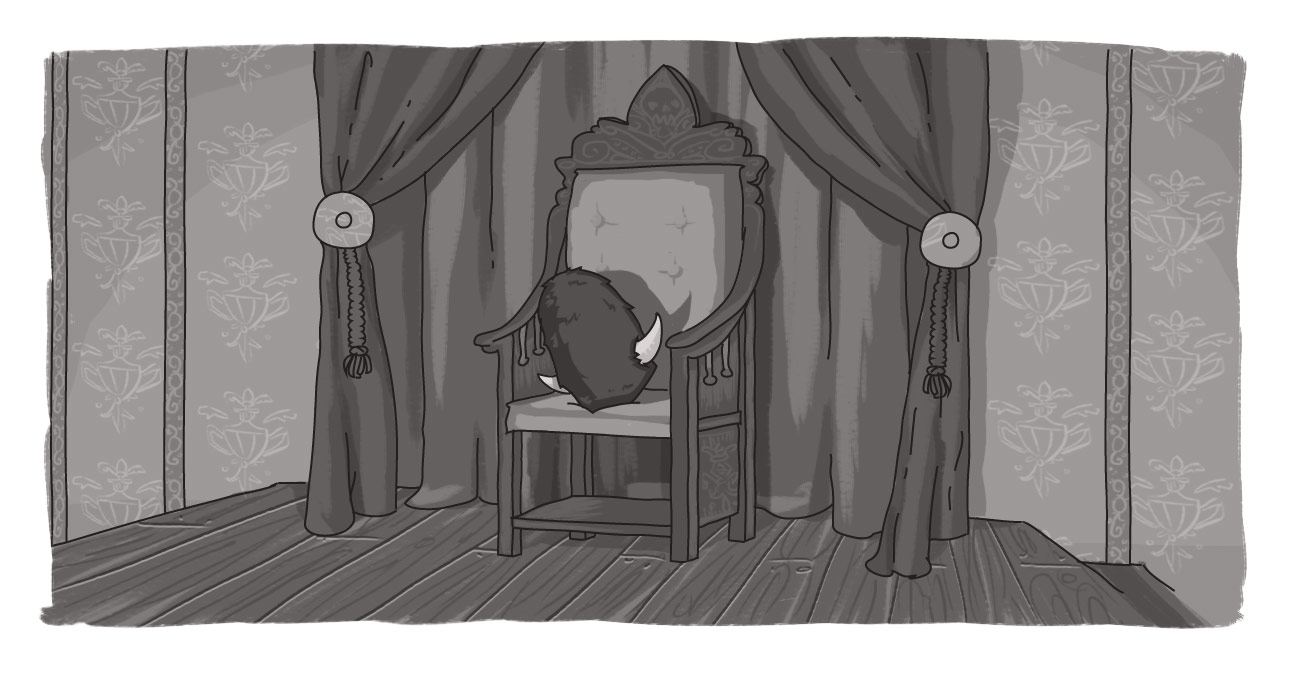Content Isn't King - It's Far More Foundational Than That

I recently received an email from a communications organization that I follow with the subject line, “The written word is here to stay.”
I really didn’t know it was at risk of going away. And it’s kind of my job to know those things.
Beyond the hyperbole of that statement, though, is a grain of truth. Not so much that it’s here to stay, but rather that people’s appreciation for the value of the message is growing. After all, once you strip away all the bells and whistles, you’re left with a message.
That has to be foundation upon which everything else is built.
You’ll often hear people repeat the old adage, “content is king,” but that throne is all too often is ceremonial. There are words and there are empty words -- if you’re embrace of “content is king” extends no further than the cliché, then it won’t make a difference. If you actually understand the value of content and embrace it as a foundational component of your efforts -- now you’re talking!
Think of it like a movie. The trailer can be all flash-and-dash. It can feature the most amazing CGI and special effects you’ve ever seen in a 30-second tease. And then, when you finally shell out your hard-earned money to go see it, you realize there’s nothing else there. Terrible plot, horrible dialogue, quick-cuts, overuse of shaky-cams, and action with no build-up or payoff… and you’re left feeling empty.
You’re also left with that once-bitten, twice-shy feeling.
(I’ll also pause to let the film snobs amongst you make your obligatory Michael Bay reference here. OK, back to the post.)
We’re inundated with technology in every part of our lives. We experience so much sensory input and can be overwhelmed with content at times. We have access to the world’s knowledge and experience literally in the palm of our hands.
Because of that, content matters even more than it ever has.
When competing with a world of information and multi-sensory experiences, you need to have something that cuts through the clutter. And that’s the foundation upon which whatever you’re developing must be built.
Content isn’t king, looking down upon its subjects -- it’s the very Earth that allows everything else around it to grow and flourish. It is the very bedrock upon which all messaging and delivery relies.
And yet, it’s still all-too-often taken for granted.
Words matter. Choice of words matter. How those words resonate with the intended audience matters most.
I try to simplify that message to a simple statement: “What’s in it for me?” With so many competing messages out there, the one that resonates most with the end user is the one that addresses a specific need they have. Why should your reader or customer care? Why should they take action and click on your link? Why should they want to engage in some sort of conversation with you? And, ultimately, why should they complete a transaction? The answers to all of those have to be rooted in a foundational response to “What’s in it for me?”
This isn’t revolutionary, this isn’t abstract thinking -- it’s fundamental to how we’ve been crafting messaging for generations. Whether it’s the lead of a news report, explaining what the most important part of a story is to its viewership, or whether it’s a 10-second jingle on a TV ad, the concept has been around for a long time.
But recently, we’ve been distracted by bells and whistles. Some have lost sight of who truly matters. Fortunately, that’s changing.
So how do you work on developing better foundational content? Here are a few common challenges that are easily fixed:
Focus on Them, Not You
If your “About Us” or “Corporate History” is more prominent than any content that talks about what you can do for your customers, then you need to reprioritize. Sure, some people may be interested in your legacy -- but that’s usually an ancillary, validation step after you’ve piqued their interest.
And how do you pique that interest? By solving a problem or fulfilling a need that the customer has. Do your best to subjugate the ego and make sure that your content focuses less on who you are and more on what you can do for your customer.
Don’t Let Bells and Whistles be a Barrier
We all want exciting content. We all want to have an exceptional experience for the end user. Ideally, that experience is going to get people where they need to go -- and quickly.
That doesn’t mean that you can’t employ creativity in your design -- ranging from website design to product packaging -- but if that creativity is creating a barrier for people accessing your content, then you need to revisit that.
Think of it Like Building a House
Sometimes content doesn’t feel exciting. But it’s very much the foundation of a house.
Sure, the things that often get people’s motor running are the frills and the extras -- the design, the decorations, and the appearance -- but if the foundation is weak, then that facade can come crumbling down pretty quickly.
One doesn’t have to be at the expense of the other. But they do have to come in order -- and your foundation has to be set first, before you start the next steps.
The Written Word Never Went Away
So going back to that original email, I still have a problem with the concept of “the written word is here to stay.” It really never left. But, if anything, the written word may finally be getting its due again.
The importance of a foundational message something that good businesses and good communicators have always know. It’s nice to see the rest of the world catching on.
What does "Content is King" mean?
How important is content to my website?
SUBSCRIBE TO OUR E-NEWSLETTER
 Subscribe
Subscribe


